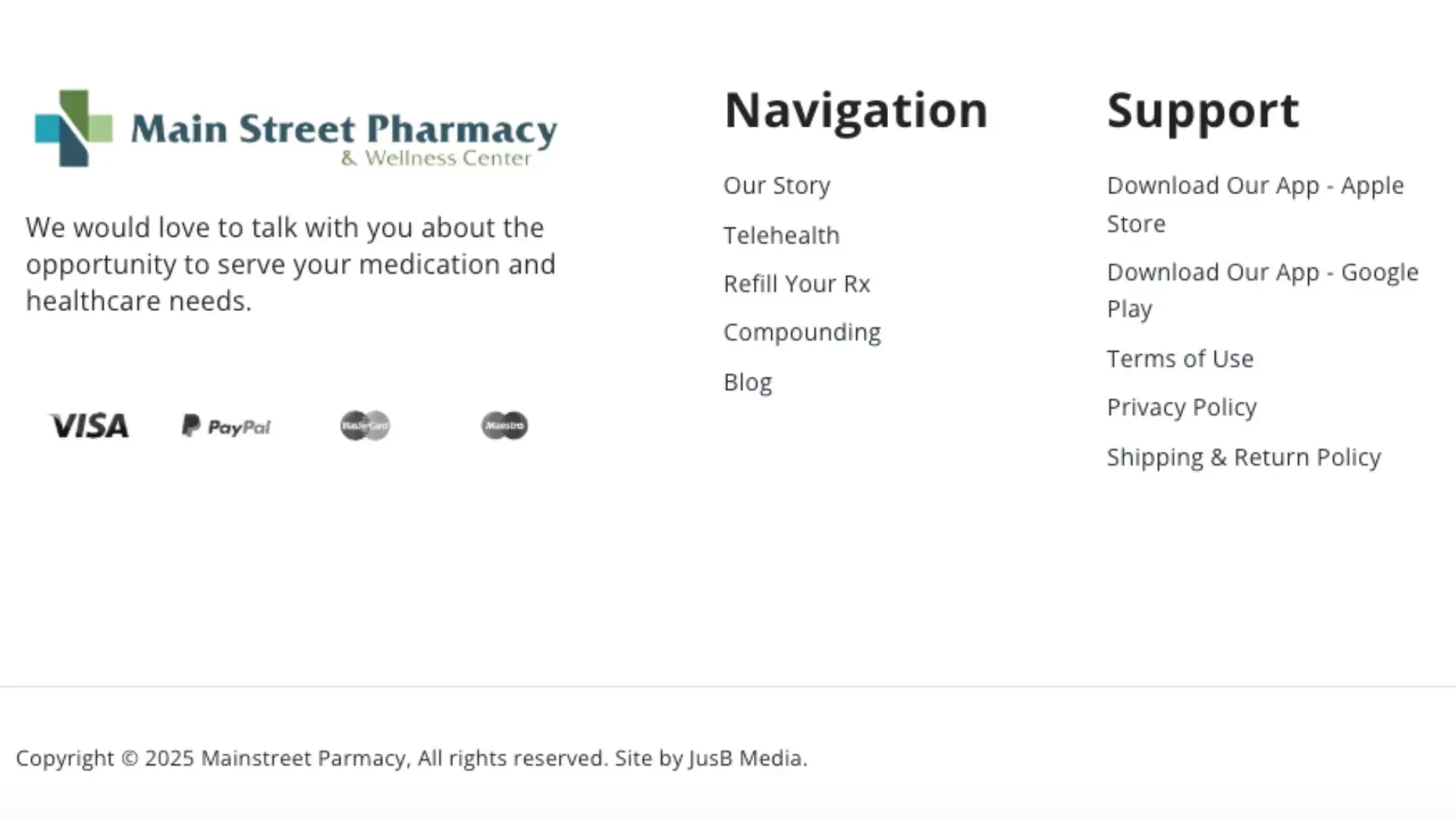If you’re running a small business website—whether you’re selling products, booking services, or just collecting emails for your newsletter—having proper legal policy pages isn’t just a good idea anymore, it’s essential. We’re talking about your Privacy Policy, Terms of Use, and Cookies Policy. These aren’t just box-checking exercises. They protect your business, establish trust with visitors, and most importantly—help keep you compliant with privacy laws like GDPR (https://gdpr.eu/what-is-gdpr/ ), CCPA (https://oag.ca.gov/privacy/ccpa), and more.
Privacy Policy: The Transparency Anchor
The Privacy Policy tells your site visitors exactly what kind of data you’re collecting (think names, emails, IP addresses), how you’re storing it, what you’re using it for, and who—if anyone—you’re sharing it with. Under California’s CCPA, you’re required to let users know what personal information is collected and give them a way to opt out of the sale of their data. If you don’t, you risk some hefty fines and potential legal headaches.
Over in Europe, the General Data Protection Regulation (GDPR) goes even further. It mandates clear, plain-language disclosures, user consent before data collection, and rights for users to access or delete their data. Even if your business is based in the U.S., if you’re collecting data from EU citizens, you’re on the hook.
Bottom line: A solid Privacy Policy is more than just legal jargon. It’s a trust-builder and a compliance requirement.
Terms of Use: Set the Rules of the Road
The Terms of Use (or Terms and Conditions) page outlines what users can and can’t do on your site. It can limit your liability, clarify intellectual property rights, set payment terms, and explain what happens if someone violates your terms. It’s your opportunity to spell out your business’s expectations and protect yourself legally if disputes arise.
While this page isn’t always legally required, it becomes especially important if you run an eCommerce store, membership platform, or offer any kind of user-generated content or downloadable material.
Think of it like insurance: you hope you won’t need it, but if something goes sideways, it can make a big difference.
Cookies Policy: Sweet, but Serious
If your website uses tracking tools—like Google Analytics, Facebook Pixel, or any third-party plug-ins that collect data via cookies—you need a Cookies Policy. This policy should explain what cookies are used, what data they collect, and why.
GDPR makes it clear: no non-essential cookies without explicit consent. That’s why you see those cookie banners everywhere. It’s not just annoying pop-up fluff—it’s the law. Similarly, CCPA gives users the right to know what’s being collected through cookies and opt out.
Skipping this step? You’re not only risking fines but also losing credibility with privacy-conscious users.
How Do I Include These On My Website
Your web developer can help you get these added to your site, along with getting them formatted properly and in many cases offer insight about what services you are using or plan to use regarding cookies and/or data collection.
The actual writing of these documents, as you might have guessed would be something that falls to an attorney. If you don’t have an attorney, or you would rather avoid those hefty invoices you still have options. There are several services that will craft the needed documents catered around your specific needs. You simply answer a few questions, then they will generate a compliant document that your web team and copy and paste on your website.
Another option and one that we recommend is using a compliance service. Similar to the option above but with a compliance base service they offer an ongoing revision to your documents based on current laws. When an update is made to a law a new version is automatically generated and applied to your website ensuring that you are always in compliance. One of our favorite options in this space is Termageddon ( https://termageddon.com/ ).
Even if you’re a small local business, privacy laws are getting tighter, and website users are becoming more aware of their rights. Having a Privacy Policy, Terms of Use, and Cookies Policy isn’t just about covering your legal bases—it’s about showing visitors that you take their data seriously.
Compliance isn’t optional anymore, and a little effort up front can save you a whole lot of trouble down the line.
Have questions? Reach out-we can help make sure your business ins protected and professional.

